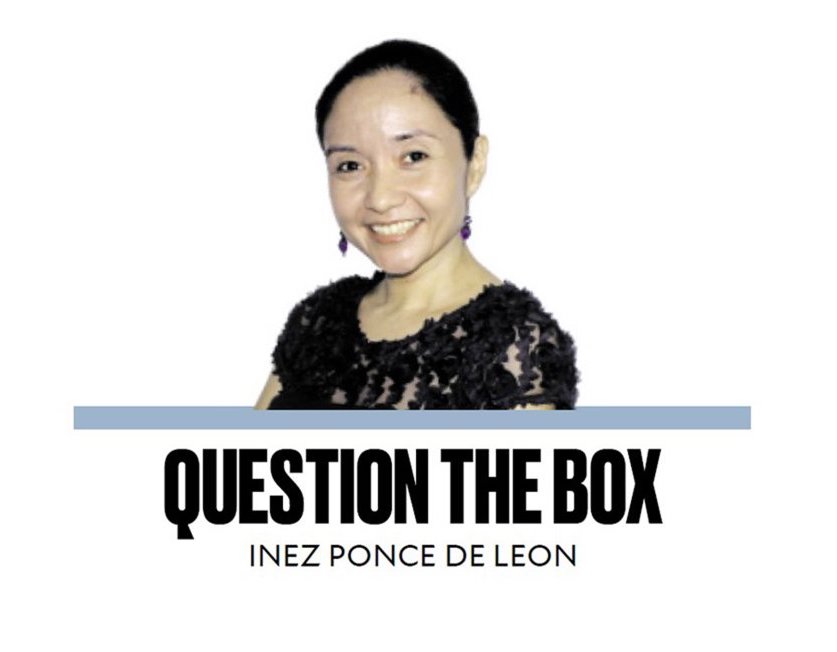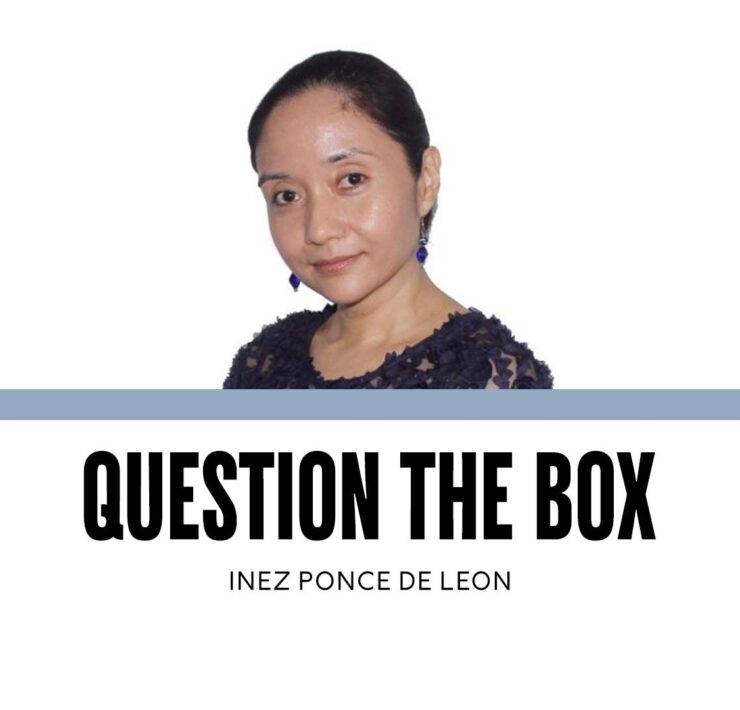So you want to take a Ph.D. (but why?)

Every few years, our former students ask us about pursuing a Ph.D. We’ve had even more people asking recently since word got around that our department has a Ph.D. program in the pipeline.
Many of those who graduated with a Ph.D. will tell you: it is a solitary pursuit, and a process that we would never wish on our worst enemy—but it is an experience that we would not trade for anything else.
Today’s column is for those who are thinking of taking a Ph.D. (especially in social sciences).
Ph.D. stands for Doctor of Philosophy: the highest graduate degree awarded by a university, one earned after a master’s in a field, and one that entitles the graduate to use the title “doctor.”
“Doctor” comes from the Latin “docere,” “to teach.” The title goes back to the Middle Ages and has always been used to refer to a university graduate who has in-depth knowledge of and scholarly experience in a field. (It’s only recently been used to refer to medical professionals, who were once known as “physicians.”)
The Ph.D. holder is expected to teach because their in-depth engagement should qualify them to both conduct research to keep expanding knowledge and impart scholarly knowledge and wisdom to the next generation.
In the modern university, the Ph.D. holder also has duties that correspond to the four pillars of the academe: teaching and mentoring; research, which includes publishing one’s work; administration, which includes managing people to carry out specific tasks that keep the university and its facilities running; and extension/outreach, which includes sharing research findings, providing scholarly input outside the academe, and contributing to public discourse.
The Doctor isn’t just a teacher who relays information, but a mentor who provides new insights into knowledge because of the research that they do.
Where the bachelor’s degree is a test of one’s knowledge and its applications in the real world, and where the master’s is about synthesizing concepts, the Ph.D. is about pushing the limits of knowledge by questioning what is taken for granted.
This means that before one can think of applying for a Ph.D., one needs two things: a question and strong intention.
We often tell our students to make their way into the real world before taking a master’s because the masters will hone their ability to merge theory and practice. If they want to go on to the Ph.D., they have to go back out into the workforce with their master’s, and apply what they’ve learned—until they start questioning reality itself.
This then becomes the question on which their research can be built.
Once they earn the doctorate, they will work in a university, where theories are constantly dismantled and expanded, where research is ongoing, and where published research is critiqued and built upon.
Survival in a Ph.D. program means focusing on the intentions of one’s pursuit, plus the ability to: read texts deeply and according to their context, think and demolish one’s preconceptions, find new ways of conceptualizing phenomena, and question existing ways of thinking and doing.
This is why PhDs don’t always fit well in industry or the corporate arena: they are in a constant state of flux, as they keep looking back on what research has been done so that they can foresee what new questions can be asked.
PhDs are intuitively expected to teach; they are trained in research. In countries like the United Kingdom and Australia, Ph.D. students don’t attend classes, but work on research and constantly discuss ideas with their mentors as they build a scholarly bedrock for their dissertation. In countries like the United States, Ph.D. students attend classes to give them the philosophical backbone of their field and are expected to work on their dissertation through their coursework.
PhDs know the basis of their field, but because we are so specialized, we tend to be blind to other fields of study. This is why we’re encouraged to collaborate and keep doing research so that we are aware of how knowledge is changing. Once we take these insights back to the classroom, we hope that our students are infected with a sense of both wonder and excitement at debating the frayed threads of the frontiers of knowledge.
When I returned to the Philippines in 2011, I brought that view of research as the priority of the Ph.D. graduate, and thankfully found a university that welcomed a strong partnership between teaching and research (which I love equally); but I also came home to a country where PhDs were assumed to do nothing else but teach and where research is misunderstood, underfunded, even mocked.
So if you’re thinking of joining the “academic ER” (e.g., “paging Dr. Ponce de Leon, you are needed at the front desk. A student needs help with their theoretical framework”): begin with a question, be comfortable with unearthing uncertainty at every turn, and take a deep breath for a dive into places very few people will ever get to see, let alone appreciate—even if the world needs rigorous, insightful research every single day.


















